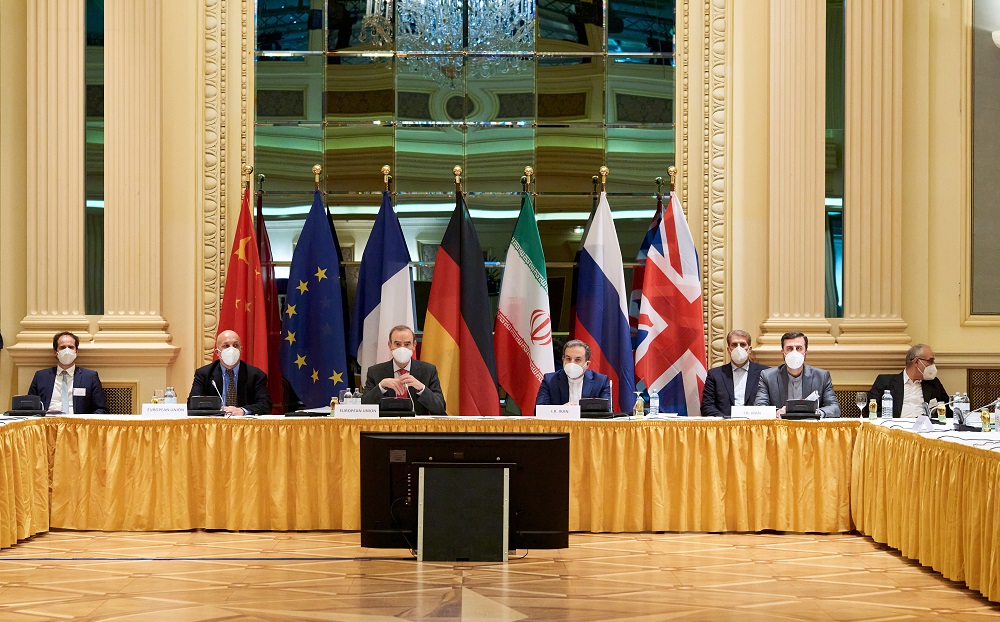PARIS, April 22 — Serious differences persist between the United States and Iran over how they might resume compliance with the 2015 Iran nuclear deal despite making some progress in their latest indirect talks in Vienna, a senior US official said on yesterday.
The talks were likely to require multiple rounds, their outcome remained uncertain and they were not near conclusion, the senior US State Department official told reporters in a conference call.
The main differences are over what sanctions the United States will need to remove and what steps Iran will need to take to resume its obligations to curb its nuclear programme, said the official, who spoke on condition of anonymity.
“There still are disagreements and, in some cases, pretty important ones,” he said. “We are not near the conclusion of these negotiations. The outcome is still uncertain. We have made some progress. The talks have been business like and productive, with still many differences that would need to be overcome.”
Earlier, the European parties to the Iran nuclear deal said they had seen progress in the first two rounds of indirect US-Iran negotiations but there were still major hurdles to overcome.
Iran and world powers — Britain, China, France, Germany and Russia — have been meeting in Vienna to hammer out steps that would be needed if the agreement, which was abandoned by former US President Donald Trump in 2018, is to be revived.
The talks will pick up again next week. A US delegation is in a separate location in Vienna, enabling the powers to shuttle between both sides because Iran has rejected direct talks for now.
The central issues are which US sanctions imposed by Trump since withdrawing would need to be removed and what steps Iran would have to take to rein it its subsequent breaches of the pact’s curbs on its uranium enrichment capacity.
The Wall Street Journal cited two people familiar with the matter as saying Washington was open to easing terrorism sanctions against Iran’s central bank, its national oil and tanker companies and key economic sectors including steel and aluminium.
Analysts have said it is inevitable that the United States would have to ease some of its terrorism-related sanctions if there is to be a revival of the deal because without this, Iran would be unable to resume exporting oil.
The newspaper cited one senior European official as saying that Washington has also signalled potential sanctions relief for sectors including textiles, autos, shipping and insurance, but cited multiple people familiar with the matter as saying US officials had not offered a detailed proposal. — Reuters






















